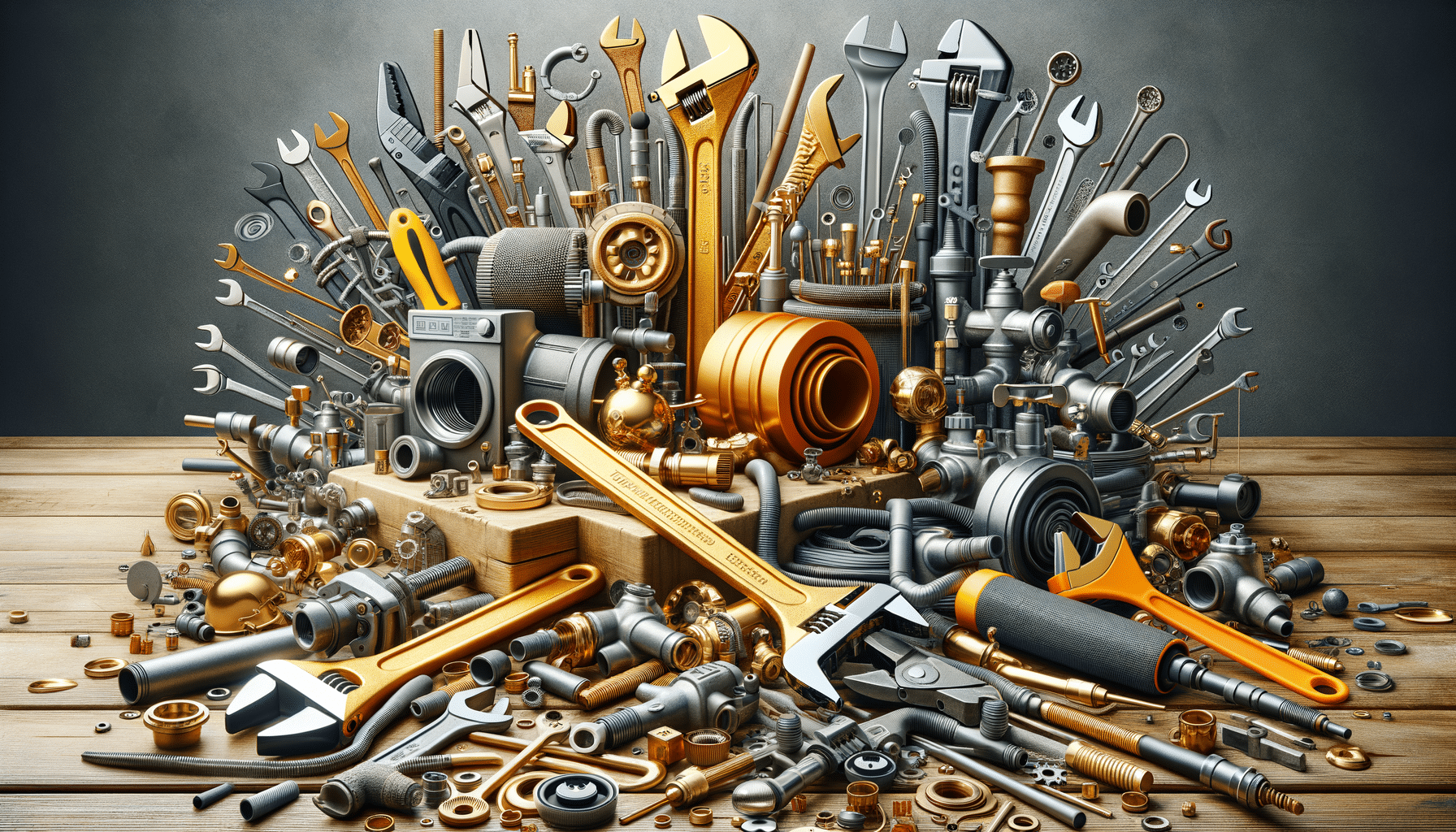
Plumbing Jobs: A Rewarding Career in a High-Demand Industry
Introduction to Plumbing Jobs
Plumbing jobs are a cornerstone of modern infrastructure, ensuring that homes, businesses, and public facilities have access to clean water and efficient waste removal. The importance of skilled plumbers cannot be overstated, as they are essential in maintaining public health and safety. As cities expand and new buildings are constructed, the demand for plumbing professionals continues to rise, making it a stable and lucrative career choice.
In this article, we will explore the various aspects of plumbing jobs, including the skills required, the types of work involved, and the career prospects in this field. Whether you’re considering entering the trade or are simply curious about what plumbers do, this comprehensive guide will provide valuable insights into the world of plumbing.
The Role and Responsibilities of a Plumber
Plumbers are responsible for installing, repairing, and maintaining the piping systems that carry water, gas, and waste in residential, commercial, and industrial settings. Their work is crucial for ensuring that these systems operate efficiently and safely. Plumbers must have a thorough understanding of building codes and regulations to ensure compliance and safety.
The daily tasks of a plumber can vary widely, from fixing a leaky faucet to installing complex heating systems. Some common responsibilities include:
- Reading and interpreting blueprints and building specifications
- Installing pipes and fixtures in new construction projects
- Repairing and maintaining existing plumbing systems
- Diagnosing and troubleshooting plumbing issues
- Ensuring compliance with health and safety standards
Plumbers must also possess strong problem-solving skills and be able to work independently or as part of a team. The ability to communicate effectively with clients and other tradespeople is also essential.
Training and Qualifications for Plumbing Jobs
Becoming a plumber typically requires a combination of education, training, and hands-on experience. Many plumbers begin their careers through apprenticeship programs, which offer a blend of classroom instruction and on-the-job training. These programs usually last several years and cover a wide range of topics, including pipe fitting, water heating, and safety protocols.
In addition to apprenticeships, some aspiring plumbers may choose to attend a technical school or community college to earn a certificate or diploma in plumbing technology. This formal education can provide a solid foundation of knowledge and skills that are essential for success in the field.
After completing their training, plumbers often need to obtain a license to practice, which typically involves passing a written exam. Licensing requirements vary by region, so it’s important for prospective plumbers to research the specific criteria in their area.
Career Opportunities and Advancement in Plumbing
The plumbing industry offers numerous career opportunities and pathways for advancement. Experienced plumbers can choose to specialize in areas such as pipefitting, steamfitting, or sprinkler system installation, each of which requires additional training and expertise.
For those interested in leadership roles, there are opportunities to advance to supervisory or management positions, overseeing teams of plumbers on large projects. Some plumbers may even choose to start their own businesses, providing plumbing services to residential and commercial clients.
The demand for skilled plumbers is expected to remain strong, driven by ongoing construction projects and the need to maintain and upgrade aging infrastructure. This demand translates into job security and competitive wages, making plumbing a rewarding career choice for those with the necessary skills and dedication.
Conclusion: Is a Plumbing Career Right for You?
If you’re considering a career in plumbing, it’s important to weigh the benefits and challenges of the profession. Plumbing jobs offer a hands-on work environment, the opportunity to solve practical problems, and the satisfaction of contributing to public health and safety. With a strong demand for skilled professionals and the potential for career advancement, plumbing can be a fulfilling and lucrative career choice.
However, the job can also be physically demanding and requires a commitment to ongoing learning and professional development. If you have a passion for working with your hands, a knack for problem-solving, and a desire to make a tangible impact on your community, a career in plumbing may be the perfect fit for you.


